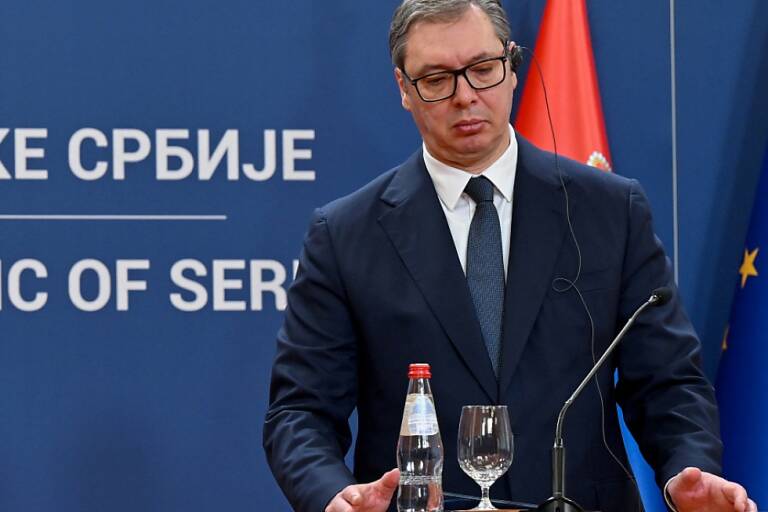A Rival to Instagram
First on TikTok’s launch list is an app named Notes, positioned as a direct competitor to Instagram. While TikTok has become a dominant force in the realm of video content, its foray into the world of photos and text represents a significant strategic pivot. Notes aims to offer a unique space specifically designed for these formats, suggesting a blend of visual and textual storytelling that could captivate a broader audience. This move is not just about diversification; it’s a challenge to established players in the social media landscape, proposing a fresh alternative for content creators and consumers alike.
Rewarding Connectivity: An App for Network Expansion
In addition to Notes, TikTok is working on a yet-unnamed application that incentivizes users for integrating their social circles into the network. This initiative seeks to harness the power of personal connections to expand TikTok’s user base, rewarding those who successfully invite their friends to join the platform. Such a strategy underscores the importance of community and connectivity in the digital age, leveraging word-of-mouth to foster organic growth and reinforce user engagement.
Strategic Implications and Industry Impact
These upcoming apps from TikTok reflect a calculated effort to diversify its service offerings and tap into new user demographics. By challenging Instagram’s dominance and innovating with a friend-referral app, TikTok is not just broadening its appeal; it’s attempting to redefine the social media ecosystem.
A Multi-Faceted Approach to Growth
With Notes, TikTok is venturing beyond its established video-centric paradigm, embracing the dynamic interplay of photos and text. This could attract users seeking a more versatile platform for creative expression, potentially disrupting the current market dynamics dominated by Instagram and similar apps.
The introduction of an app that rewards user referrals highlights TikTok’s focus on community-driven growth. This approach not only aims to enlarge its user base but also to strengthen the sense of belonging and community among its members, a critical factor in sustaining engagement in the digital sphere.
The Road Ahead: Challenges and Opportunities
As TikTok embarks on this ambitious expansion, it faces both opportunities and challenges. The success of Notes will depend on its ability to offer distinctive features and user experiences that differentiate it from Instagram and other established photo-sharing platforms. Similarly, the effectiveness of the referral-reward app hinges on its appeal to current users and their willingness to advocate for TikTok within their personal networks.
Conclusion
TikTok’s plan to launch Notes and a referral-reward app represents a strategic evolution for the company, signaling its intent to diversify its offerings and solidify its position in the competitive social media landscape. By venturing into photo-sharing and leveraging the power of community, TikTok is not just expanding its platform but also challenging the status quo, offering new avenues for connectivity and creativity. As these apps roll out, it will be fascinating to see how they reshape user interactions and set new trends in the digital domain.













